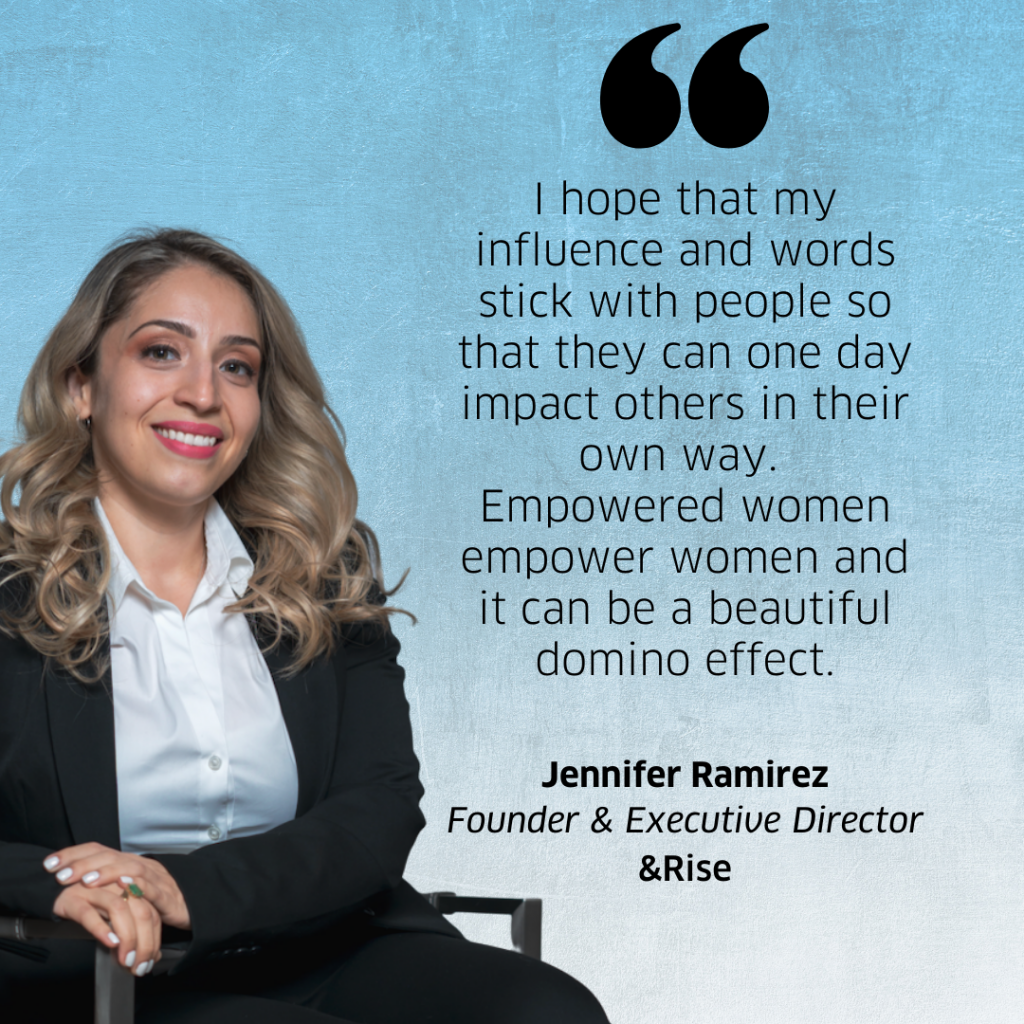Building Resilient Workplaces by Empowering & Supporting Survivors of Trauma
By Darina Huang, Marketing & Business Development Intern

It’s safe to say that over the last few years, executives have had to face and confront issues in the workplace that extend far beyond the usual “day-to-day” conversation of business growth and goals. In the face of continuous pressure across political divides, global warfare, worldwide pandemics and epidemics, climate-induced emergencies, and even domestic systemic challenges, executives and leaders are faced with fostering a safe and secure sense of inclusion and belonging in the workplace.
This becomes even more important for employees who are experiencing or have gone through trauma that can infiltrate their daily work lives and mental health.
According to Katherine Manning, 5 in 10 women and 6 in 10 men experience at least one trauma in their lives, which becomes important as our home-lives and work-lives continue to blur and employee expectations of employers evolve. The term psychological safety was popularized by Amy Edmondson, and is described as the sense of safety within an organization where it feels acceptable for someone to admit mistakes, struggles, or not know the answer. Google’s Project Aristotle studies show that psychological safety is more critical than all else for effective teams.
Psychological safety can and should be modeled by leaders. The studies found that those leaders who showed vulnerability with their teams saw a marked improvement in trust within the workplace, which not only increased honest conversations amongst colleagues and team members but it also became easier to notice when a team member felt excluded.
While corporations can take strides in becoming a more “trauma-informed workplace,” it may be helpful to learn about and draw inspiration from the efforts that organizations in society have taken to support survivors.
One such organization is &Rise, a 501(c)(3) nonprofit founded in Chicago in 2018 by Jennifer Ramirez, an abuse survivor herself, that is dedicated to helping and empowering women through offering free counseling and coaching to help survivors heal, learn, and grow.

&Rise’s mission is “to empower women to be the ultimate versions of themselves no matter what adversities they’ve faced.” Jennifer spearheads &Rise’s efforts with a “survivor-led” and “people-not-profit” mindset, while focused on empathy, compassion, and patience. She aims for &Rise to have a service-first philosophy and be a one-stop shop for providing well-rounded services and resources for women.
&Rise provides a variety of services for women seeking support, including support groups, counseling, coaching, and events/workshops. Support groups create an opportunity for individuals who may be struggling alone to share their stories with others that may have similar experiences, and receive support or advice. These weekly group sessions are free and open to all, providing a space for learning and gaining a foundation for overcoming the past, no matter where one is on their healing journey and how comfortable they are in participating.
Another option is free 1:1 counseling sessions, where participants receive individualized support for managing stress surrounding a specific issue. The organization also provides coaching services that focus on long-term growth for participants.
While organizations like &Rise dedicate themselves to providing a platform for trauma and abuse survivors to receive the necessary support, it is equally as important for corporations to consider how their practices affect survivors.
This begins with the recruitment phase, where especially those from disadvantaged backgrounds are provided with equal opportunities to showcase their fit within the organization. To ensure a diverse talent pool, companies could consider partnering with organizations like &Rise, which imbeds career services as part of the programs it offers its members, and can help companies source talent it may have otherwise overlooked. Hiring teams can also opt to offer adjusted timelines and support conversations throughout the recruitment process to ensure increased comfortability between candidates and the hiring process.
Within an organization, the focus on mental health has become increasingly critical to maintain retention, employee engagement, and productivity.
In fact, according to research conducted by the American Psychological Association, 92% of US workers said it was not only important to work for an organization that values their emotional and psychological wellbeing, but equally important to work for an organization that provides support for employee mental health.

How can executives and leaders effectively do this? Here are some actionable steps we recommend:
- Host anti-bias programming in the form of workshops and seminars for all employees to address mental health challenges in the workplace, de-stigmatizing conversations about overcoming trauma
- Expand health insurance programs with low out-of-pocket costs for mental health counseling and stress management
- Train executives and managers on recognizing signs and symptoms of employee mental health challenges and encourage them to seek help from professionals
- Consider increased flexibility for when and where employees work, especially for trauma and abuse survivors
- Up-skill leaders on how to lead with vulnerability and courage, so that they may model this behavior for their teams – this not only has the potential to benefit employees needing support themselves, but also creates high-performing cultures with increased employee retention and engagement.
While it requires time and resources to consider how companies can better support employees through mental health challenges or overcoming trauma, the positive benefits to the workplace are unmatched. Teams that have stronger chemistry and individuals who feel cared for and supported contribute significantly more to producing high-quality work.
The many opportunities that organizations like &Rise provide for seeking help, showing support, and empowering survivors is a step in the right direction, and executives would greatly benefit from considering how their culture, resources, and flexible policies support employees of unique backgrounds. Ultimately, to create highly-functioning teams and organizations as a whole, companies need to foster spaces of inclusivity, belonging, and mental health support so that all employees cannot just survive, but thrive.
To find out more about &Rise, please visit their website.
We geek out on all things brand strategy, stakeholder business models, and employee development programs. Interested in learning more about how we can help your organization? Get in touch with us!




